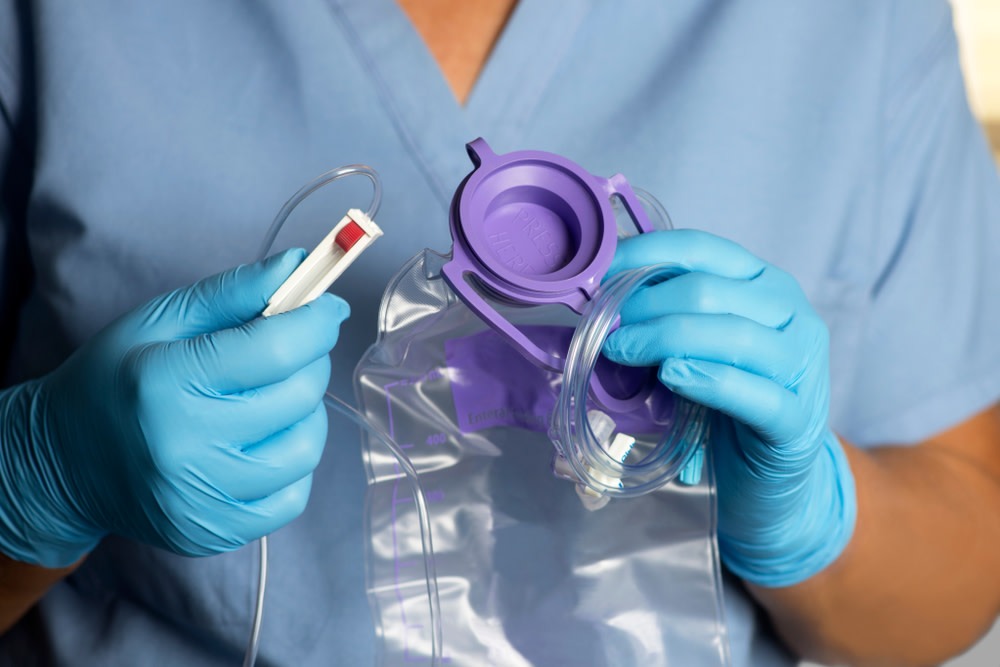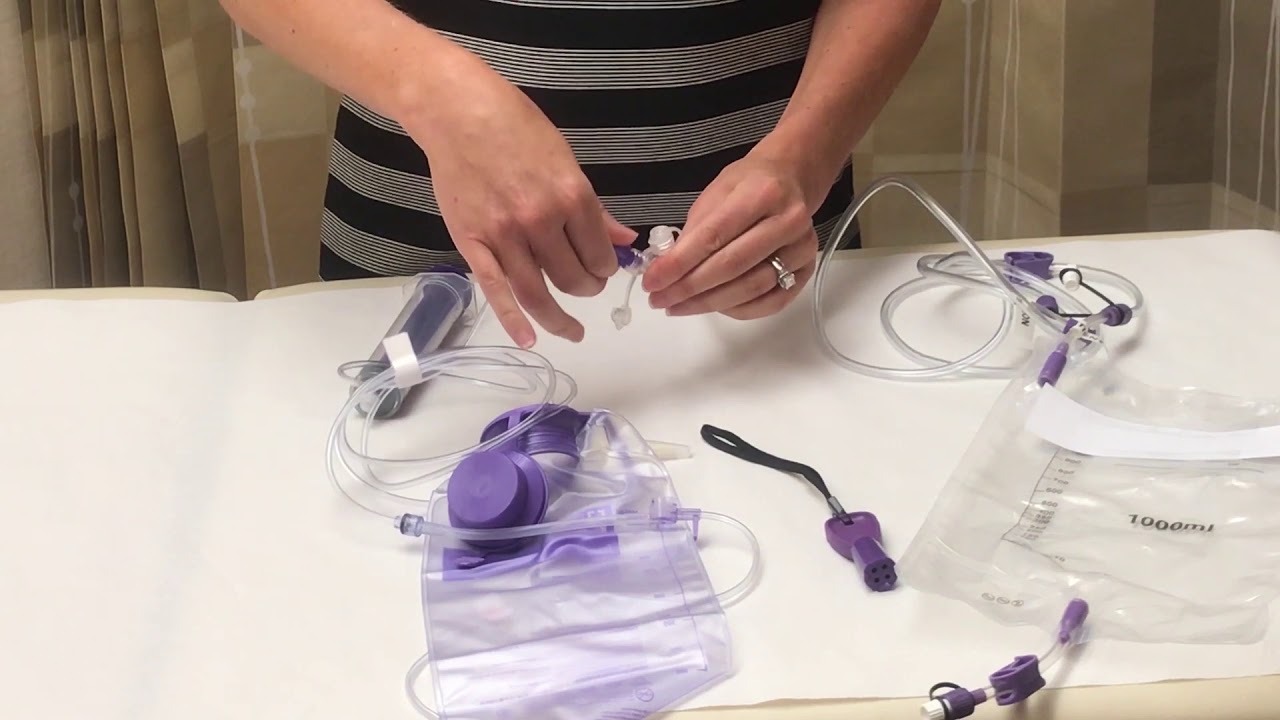Caring for a loved one who requires nutritional support through tube feeding can feel overwhelming at first. Families often worry about safety, hygiene, and the overall well-being of the patient. This is where professional nursing support plays a crucial role. With the growing demand for home healthcare in the city, many families are turning to trained nurses to provide specialized care for Tube Feeding at Home in Dubai, ensuring both comfort and peace of mind.
Understanding Tube Feeding at Home
Tube feeding is a medical method of delivering nutrition directly into the stomach or small intestine when a person is unable to eat or swallow safely. It can be temporary or long-term depending on the condition of the patient. While hospitals provide initial training and support, continuing tube feeding at home requires expertise to prevent complications and maintain a healthy routine.
Nurses bring this expertise into the patient’s own environment, making the transition from hospital to home smoother and safer. Their presence reduces stress for both patients and family members, while also promoting recovery and stability.
The Role of Nurses in Tube Feeding
Nurses are the backbone of home healthcare when it comes to tube feeding. They are trained to handle all aspects of the process, ensuring it is done safely and effectively. From managing equipment to monitoring nutritional intake, nurses provide holistic support that goes beyond just the technical procedure. Their role often includes:
- Educating family members about proper feeding techniques
- Demonstrating safe handling and cleaning of feeding tubes
- Identifying early signs of infection or complications
- Offering emotional reassurance to patients who may feel discomfort or anxiety about the process
Their consistent care and presence help patients adjust to this new way of receiving nutrition while maintaining dignity and comfort at home.
Ensuring Hygiene and Safety
One of the biggest concerns with tube feeding is the risk of infection. Nurses are meticulous about hygiene, which significantly lowers this risk. They follow strict protocols to clean and maintain the feeding tube, prepare nutritional formulas safely, and ensure that the feeding site remains healthy.
At home, families may overlook small details such as handwashing before feeding or sterilizing equipment properly, but these steps are vital. Nurses bring a professional eye for detail, ensuring that nothing is missed. Their vigilance is what keeps patients safe and prevents unnecessary hospital readmissions.
Monitoring Nutrition and Health
Tube feeding is not just about delivering calories—it’s about delivering the right nutrition in the right amounts. Nurses regularly assess whether the feeding plan is working by monitoring weight, hydration, and overall health indicators. They observe how the patient responds to feeds and adjust the schedule or volume accordingly in coordination with healthcare plans.
This ongoing monitoring ensures that patients continue to receive the nourishment they need to stay strong, recover, or maintain their condition depending on their health journey.
Emotional and Psychological Support
Beyond the physical aspects, nurses also provide emotional care. Tube feeding can feel intimidating for patients, especially if it is a long-term requirement. Nurses bring compassion and understanding, helping patients feel comfortable and cared for. They also support family members, offering reassurance and guidance when they feel uncertain about providing care themselves.
Their presence transforms what could be an overwhelming responsibility into a manageable routine, allowing families to focus more on quality time with their loved ones.

Training Families for Independence
An important part of nursing care is empowering families. Nurses do not just perform the procedure—they also teach family members step by step how to manage tube feeding. This includes how to check the tube placement, prepare feeds, administer them safely, and troubleshoot common issues.
By building confidence in caregivers, nurses create a support system where families can eventually take over parts of the feeding routine while still having professional backup when needed.
Creating a Comfortable Environment
Nurses also adapt the home environment to make tube feeding as comfortable as possible. They suggest the best seating positions, safe feeding times, and ways to reduce discomfort during or after feeds. These small but meaningful adjustments make a big difference in a patient’s daily life, helping them feel more at ease and secure.
Conclusion
Tube feeding can feel like a daunting responsibility, but with the right professional support, it becomes a safe and manageable part of daily life. Nurses bring technical expertise, compassionate care, and practical guidance that makes all the difference for families and patients alike. Their role ensures that feeding is not just about nutrition, but also about safety, comfort, and emotional well-being. For those navigating this journey, having trained nursing support for Tube Feeding at Home Dubai can transform a challenge into a routine that nurtures both health and peace of mind.

